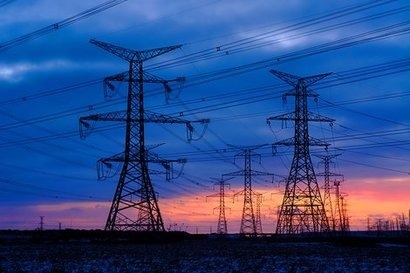
The report, written by Frontier Economics, was originally commissioned by former energy secretary Ed Davey. Its aim was to develop a theoretical framework of how to think about the whole power system impacts of electricity generation technologies, including renewable energy technologies. The report investigates the added costs and factors involved in the integration of renewable energy technologies into the national grid, alongside existing conventional power stations. It states that Levelised Cost of Electricity (LCOE) calculations are not the best method of comparing technologies, due to how they disregard other costs associated with the electricity system, hence the need to identify whole system impacts in order to understand them more clearly.
Whole power system impacts and their drivers with impacts broken down into technology costs and wider power system impacts with an assessment of who is currently bearing these impacts. The report has been released accompanied by three peer reviewed papers written by experts in the field and an explanatory Addendum.
According to Solar Power Portal, the report was actually completed in February, but had been controversially withheld from publication. Sir Ed Davey has consistently called for its publication so that it can be used as an evidence base for policy decisions. However, the Government has repeatedly denied Freedom of Information (FoI) requests, including several by Davey himself and others submitted by clean energy media such as Solar Power Portal, stating in its defence that the report would be published eventually.
The report confirms that variable generation technologies, such as solar and onshore wind, offer lower capacity adequacy savings due to their intermittency but that these challenges can be mitigated at system level by combining them with other generation technologies. It also confirms that distributed generation, such as residential solar, can reduce network costs and that the whole system costs of renewable energy technologies depend on the prevalence of other technologies, such as demand response and storage. The report recognises the potential for co-location of solar with other technologies, such as onshore wind, in order to limit the impacts of both these technologies on local systems, claiming that a more easily manageable load could be achieved by a combination of the generation curve of utility-scale solar with the more intermittent pattern of onshore wind.
Although system costs increase with penetration of generation technologies, these costs can be mitigated by the presence of more flexible technologies such as storage. Furthermore, the costs generated by particular technologies can fall over time with repeated optimisation, as well being able to be adapted to adjust their impacts.
For additional information:
Whole Power System Impacts of Electricity Generation Technologies (report)
Peer-reviewed paper by Dr Robert Gross of Imperial College London
Peer-reviewed paper by Lion Hirth

